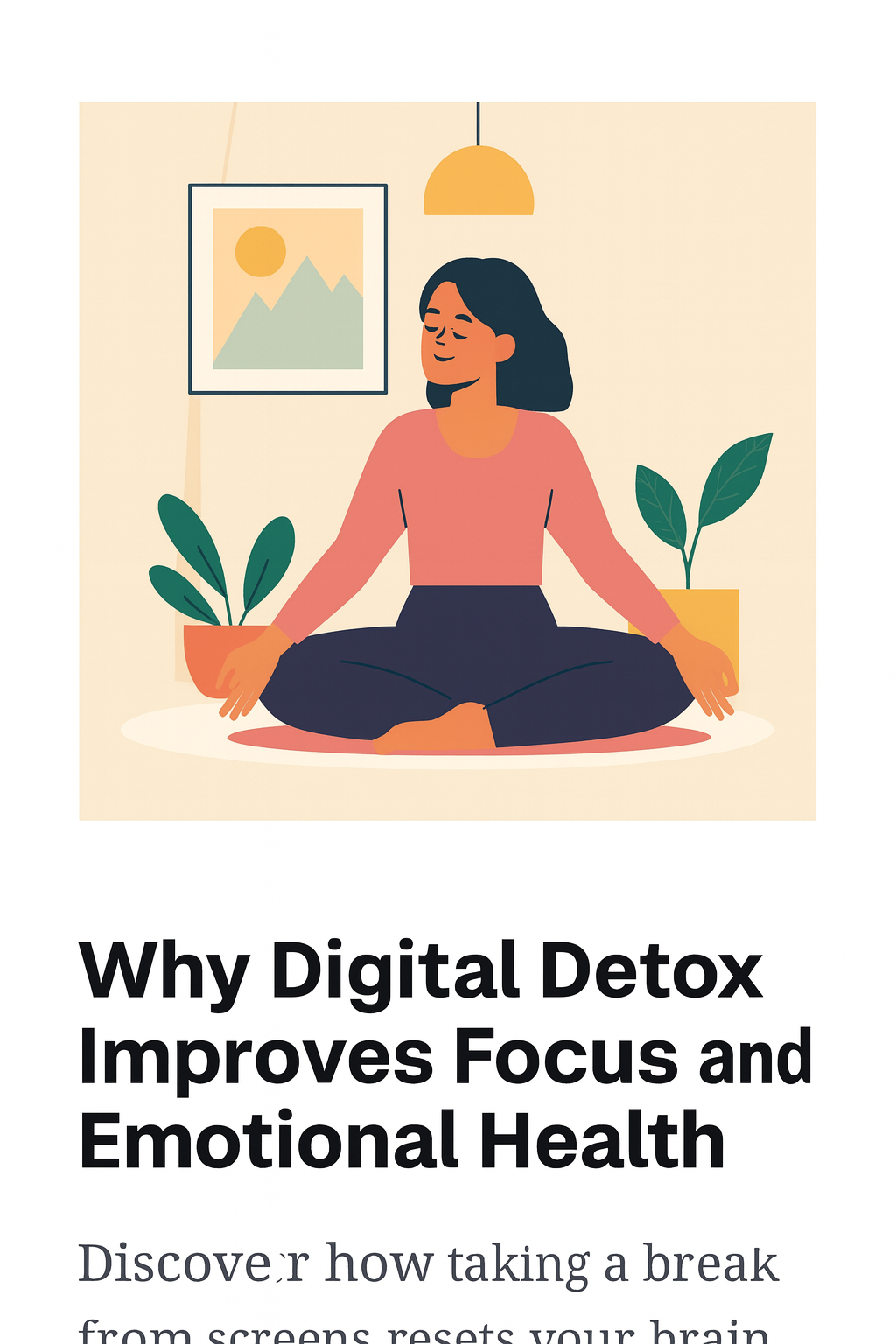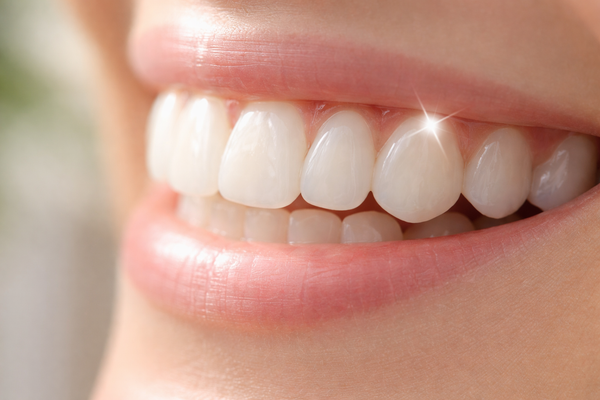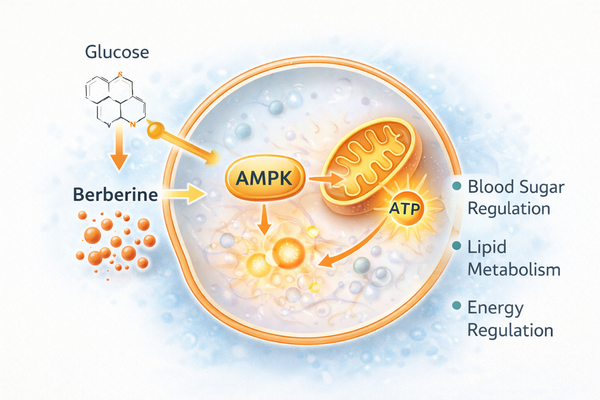Why Digital Detox Improves Focus and Emotional Health

Meta Description
Discover how taking a break from screens resets your brain, restores focus, and boosts emotional balance — supported by neuroscience.
🧠 The Modern Attention Crisis
In today’s hyperconnected world, constant notifications and scrolling overload the brain’s attention systems.
A 2023 Stanford University study found that frequent digital multitaskers have 40% lower sustained attention than those who limit screen time.
This happens because each app or alert activates the dopamine reward loop, making our brains crave more stimulation.
Over time, the prefrontal cortex — the part of the brain responsible for focus and decision-making — becomes less efficient, leading to stress, anxiety, and burnout.
🌿 The Science Behind Digital Detox
A “digital detox” means intentionally disconnecting from screens to allow your mind to recover.
Research published in Nature Human Behaviour (2022) found that 72 hours without social media significantly improved participants’ sleep quality, focus, and emotional stability.
When we reduce screen exposure:
- Cortisol (stress hormone) levels drop.
- The default mode network (the brain’s rest circuit) becomes more active.
- Dopamine sensitivity resets — restoring motivation and enjoyment in offline activities.
🧘 Practical Ways to Start Your Detox
| Strategy | How to Apply | Benefit |
|---|---|---|
| Set “No-Screen” Zones | Keep phones out of the bedroom | Better sleep, fewer distractions |
| Digital Sabbath | 1 day per week offline | Mental reset and calm |
| Batch Notifications | Check messages 3 times a day | Improves focus flow |
| Use Analog Tools | Write notes by hand | Strengthens memory retention |
🕰️ According to the American Psychological Association (2023), reducing daily screen time to under 3 hours can cut anxiety risk by 35%.
💬 How It Affects Emotional Health
The human brain wasn’t designed for endless streams of information.
Constant comparison on social media triggers amygdala overactivation, the brain’s emotional alarm system.
Taking time offline helps rebalance serotonin and oxytocin, chemicals linked to happiness and connection.
That’s why many people report feeling calmer, more grounded, and socially fulfilled after a week of reduced screen exposure.
🌄 A Simple 3-Day Digital Detox Plan
Day 1: Turn off push notifications, limit phone use to 2 hours total.
Day 2: Spend one full morning or afternoon device-free (walk, cook, read).
Day 3: Journal your thoughts — most users notice better focus and deeper relaxation by day three.
Repeat this cycle weekly for long-term benefits.
✅ Key Takeaway
A digital detox isn’t about rejecting technology — it’s about reclaiming control.
By creating intentional space away from screens, you reset your focus, balance your mood, and rebuild real-life connections.
FAQ
Q: How often should I do a digital detox?
A: Start with one weekend each month, then scale up to a weekly “digital Sabbath.”
Q: Can I detox while working online?
A: Yes. Limit recreational screen time and schedule offline breaks during the day



